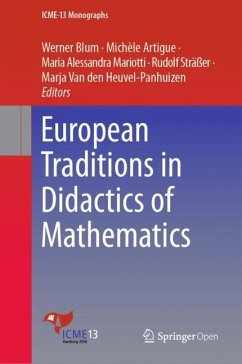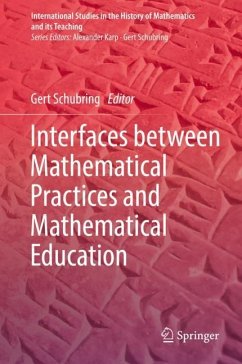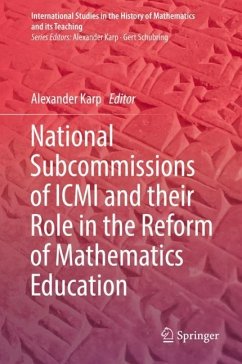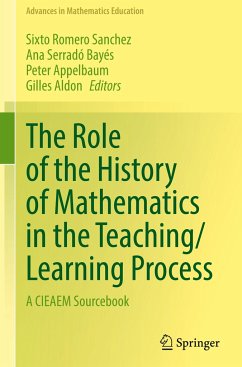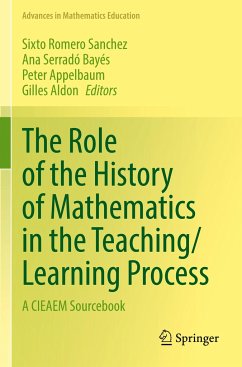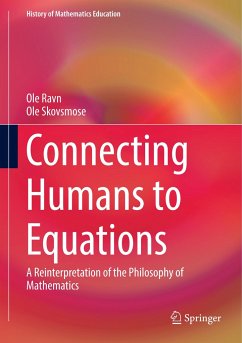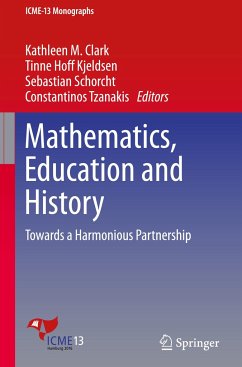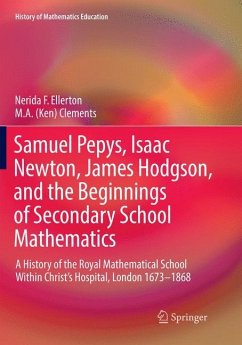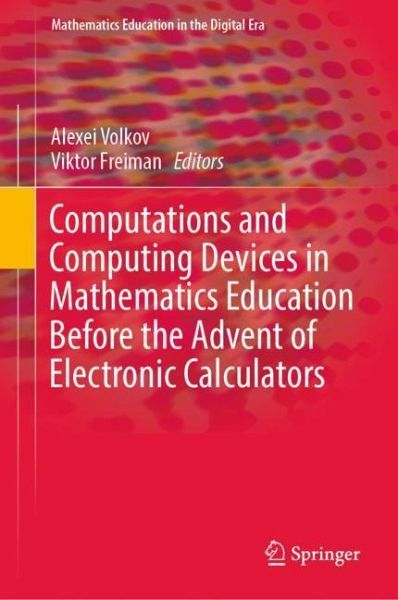
Computations and Computing Devices in Mathematics Education Before the Advent of Electronic Calculators

PAYBACK Punkte
57 °P sammeln!
This volume traces back the history of interaction between the "computational" or "algorithmic" aspects of elementary mathematics and mathematics education throughout ages. More specifically, the examples of mathematical practices analyzed by the historians of mathematics and mathematics education who authored the chapters in the present collection show that the development (and, in some cases, decline) of counting devices and related computational practices needs to be considered within a particular context to which they arguably belonged, namely, the context of mathematics instruction; in th...
This volume traces back the history of interaction between the "computational" or "algorithmic" aspects of elementary mathematics and mathematics education throughout ages. More specifically, the examples of mathematical practices analyzed by the historians of mathematics and mathematics education who authored the chapters in the present collection show that the development (and, in some cases, decline) of counting devices and related computational practices needs to be considered within a particular context to which they arguably belonged, namely, the context of mathematics instruction; in their contributions the authors also explore the role that the instruments played in formation of didactical approaches in various mathematical traditions, stretching from Ancient Mesopotamia to the 20th century Europe and North America.





